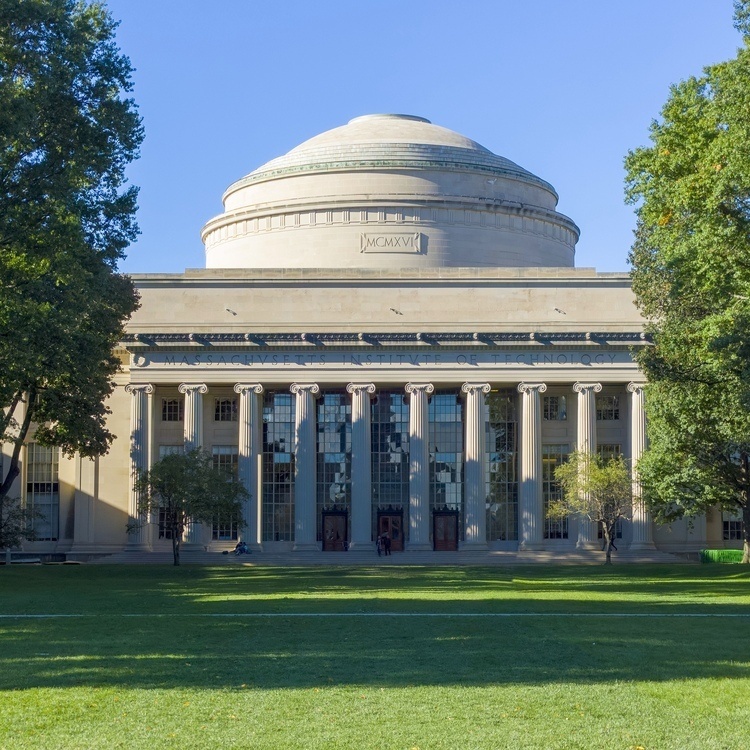
The Department Brain and Cognitive Science Graduate Student Research Presentations
Description
The Department of Brain and Cognitive Sciences Graduate Research Presentations – Join Us!
We invite you to attend our Graduate Research Presentations, where our graduate students will showcase their latest research and academic contributions.
When: Friday, March 14th at 4pm
Where: On Zoom
Research Talks Announcement
Speaker: Thomas Clark
BCS Advisor: Ted Gibson
Title: Modeling Noisy-Channel Comprehension: Incremental Processing and Reanalysis as Probabilistic Inference
Abstract:
How do comprehenders extract meaning from utterances despite production errors? The Noisy-Channel theory, grounded in Bayesian inference, suggests that comprehenders interpret utterances non-literally when an alternative has a higher prior probability and a plausible error likelihood. However, the process of generating and evaluating such alternatives remains an open question. A key challenge has been the lack of implemented computational models that predict human processing of arbitrary utterances while managing the uncertainty in building a generative model of “noisy” language.
Here, we model noisy-channel processing as approximate probabilistic inference over intended sentences and production errors. We integrate Sequential Monte Carlo methods with "rejuvenation" moves to create an algorithm that is incremental while allowing reanalysis of prior material. Our preliminary results indicate that the model replicates classic human behavioral patterns in response to sentences varying in plausibility and structure. Additionally, we test our model’s ability to predict human reading behavior, offering a step toward a flexible, algorithmic account of inference during real-world language comprehension.
Speaker: Leyla Akay
BCS Advisor: Li-Huei Tsai
Title: Memory's Blanket: How Oligodendrocyte Lipid Dysfunction Contributes to Alzheimer's Disease
Abstract:
APOE4 is the greatest genetic risk factor for late-onset Alzheimer's disease, yet the mechanisms by which APOE variants influence disease risk remain unclear. Our research provides evidence that APOE4 affects lipid pathways in oligodendrocytes, leading to decreased myelination.
To uncover the underlying molecular pathways, we employ genome-wide CRISPR screening, iPSC-based complex culture systems, and transgenic mouse models. Together, our findings highlight the pathways mediating APOE4’s effects on lipid homeostasis and myelination in oligodendrocytes, contributing to a better understanding of Alzheimer's disease progression.
Speaker: Vincent Tang
BCS Advisor: Mark Harnett
Title: Top-Down and Bottom-Up Interactions for Cortical Bursting
Abstract:
High-frequency burst firing is prevalent in the mammalian cortex in vivo, yet its mechanisms and functional role remain unclear. In brain slices, burst firing is strongly modulated by apical dendritic activity, which receives long-range inputs from higher-order cortical and thalamic areas. These properties suggest that pyramidal neurons could multiplex bottom-up and top-down information through layer 1 (L1)-independent tonic spikes and L1-dependent bursts. However, empirical evidence in awake animals is lacking.
To address this, we performed high-density extracellular recordings in the primary visual cortex of awake mice, presenting both classical (bottom-up) and extra-classical (top-down) visual stimuli. Our findings reveal ubiquitous high-frequency bursts with decrementing waveform amplitudes, characteristic of dendritic plateau potentials. Surprisingly, bursts exhibited extremely short response latencies and were recruited in the initial bottom-up response to visual stimuli. Furthermore, both classical and extra-classical visual stimuli strongly drove bursting, contradicting the idea that bursting is selectively driven by top-down inputs.
To further examine the role of apical dendrites, we applied optogenetic manipulations, selectively inhibiting layer 5 pyramidal neurons and NDNF interneurons. We found that burst spikes were selectively reduced by targeted L1 inhibition but not blanket inhibition, indicating modulation by L1 feedback excitation. However, the extent of inhibition was modest, suggesting that bottom-up inputs strongly drive bursting. Additionally, apical tuft inhibition did not differentially impact classical vs. extra-classical visual responses, suggesting that extra-classical tuning does not require top-down inputs to L1. Our results indicate that burst spiking is generated by multiple subcellular mechanisms, challenging theories that propose selective feedback-driven bursting.
Speaker: Daniel Leible
BCS Advisor: Ed Boyden and Li-Huei Tsai
Title: Development of Novel Barcoding Strategies for Mapping Vulnerable Circuits in Alzheimer's Disease
Abstract:
In Alzheimer's Disease (AD), early pathological signs emerge in vulnerable brain regions, often associated with neuronal hyperactivity. The Mammillary Bodies (MB) have been identified as one such region, with electrophysiological data suggesting that early MB hyperactivity may be driven by upstream inputs.
Using viral tracing, electrophysiology, and single-nucleus RNA sequencing in the 5XFAD mouse model, we identify the subiculum as a major vulnerable region projecting to the MB via the fornix. One hallmark of early neuronal dysfunction in AD is the formation of dystrophic axon bundles, which emerge in the subiculum at early disease stages and are believed to play a causal role in amyloid plaque formation.
Understanding the spatial and temporal relationship between early neuronal dysfunction and amyloid pathology is essential for identifying molecular targets for early intervention. However, current spatial technologies cannot comprehensively capture molecular resolution mechanisms while spanning long axonal distances. To address this challenge and gain deeper insight into early AD progression, we are developing a novel barcoding strategy integrated with Expansion Microscopy. This approach enables mapping of densely labeled vulnerable neurons in relation to plaques and glial cells while tracking disease progression along their long-range axonal projections.

